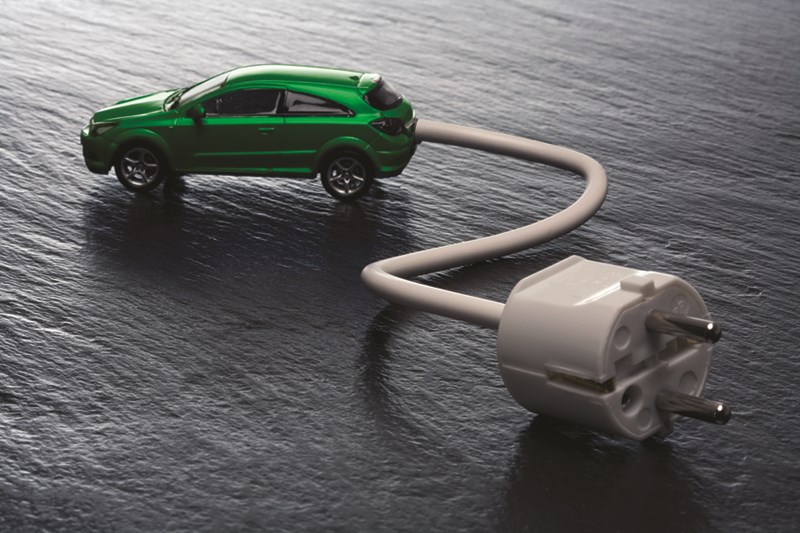Cathy Dobson
John Ward predicts a new kind of fear will soon sweep the nation called ‘range anxiety.’
That’s what he calls the gnawing worry that sets in when electric car users aren’t sure they have enough power to make it to the next charging station.
“These are not long distance vehicles,” Ward cautioned as guest speaker at the latest Green Drinks Sarnia discussion.
“There are just not that many charge stations and, until there are more, electric vehicles are commuting vehicles,” he said.
Despite that caution, Ward is a big fan of electric and hybrid cars and predicts they will soon be commonplace in Ontario.
He’s owned one the past eight years, and 18 months ago he bought a plug-in hybrid Chevrolet VOLT. The car cost him about $4,000 more than an equivalent fuel-burning vehicle, even after government incentives that can sometimes top $14,000 for electric vehicles.
But Ward, a semi-retired engineer and partner in Sarnia’s BlueGreen Innovation Group, said the additional cost to buy is soon outweighed by lower operating costs.
“I am not an expert. I’m just an owner,” he told the Green Drinks crowd of about 30 people at 100 Christina St. North. “But I can tell you that there is virtually no maintenance needed for the first 76,000 kilometres.”
He worked for many years as a principal mechanical engineer for British Leyland, before moving to Sarnia to work at Polysar and Dupont.
Hybrids and fully electrical cars are not for everyone, but can be an excellent green alternative for some lifestyles, Ward said.
“If you are someone who makes a lot of short trips, a lot of commutes, that are less than 50 kilometres round-trip, you should look at one.”
Highway driving quickly draws on power though, so hybrids must switch to gas and fully electric cars can run out on the side of the road. That’s where range anxiety comes in.
While Sarnia is reviewing possible locations for more charging stations, Ward said he almost always charges at home where it’s more economical, especially at night when hydro is cheapest.
“All the noise about putting stations along the 402 and the 401 is a bit of a red herring,” he said.
As electric car ownership increases it will make even less sense to use a charging station because it’s costly and time consuming, Ward said.
His VOLT charges on a regular household outlet in 10 hours, he said.
What’s the future for electric vehicles?
“Batteries account for about one third of the cost of an electric vehicle,” Ward said. “So as these costs come down, the demand for electric vehicles will rise.”
The current Lithium Ion polymer batteries could be replaced within five years by cheaper, better batteries, making electric vehicles as affordable as their gasoline counterparts by 2022, he predicted.
Green Drinks Sarnia’s next event, about vegan diets, is on Nov. 8 from 6:30 p.m. – 8:30 p.m. at 100 Christina St. North. Free admission.
